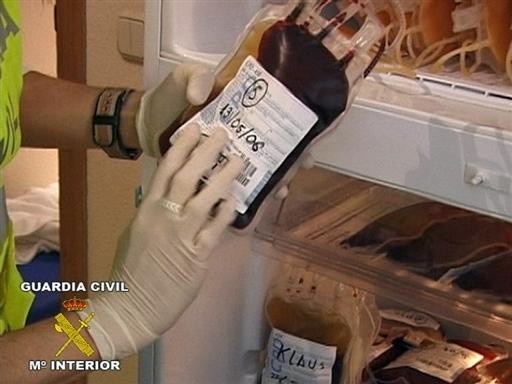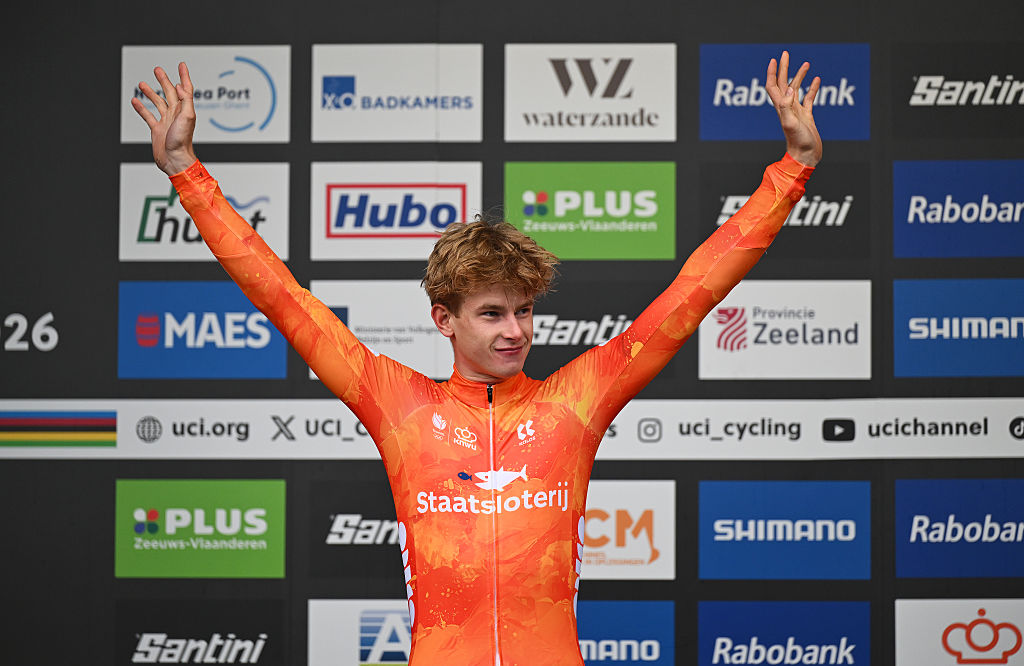UCI ready to act on biological passport data
The International Cycling Union (UCI) is preparing to introduce new rules to act on the data being...

The International Cycling Union (UCI) is preparing to introduce new rules to act on the data being gathered as part of its biological passport programme. The UCI's' Management Committee will meet next week to discuss the introduction of a "no start" rule, which would keep riders from competition for 15 days if their blood test showed anomalous readings when compared with their profile.
Rules are already in place for disciplining riders for breaching anti-doping rules on the basis of the biological passport, but, a UCI statement indicated, since a sanction "requires a greater degree of certainty" they may use the "no start" clause for the first suspect value.
The passport system, which examines an athlete's blood values over time, is thought to be a more reliable way of detecting the use of performance enhancing drugs than looking for the drugs themselves. Just the introduction of the programme has had an effect, the UCI declared. "It is already clear that the biological passport is acting as a deterrent. Some teams have decided to take measures against riders showing abnormal blood results."
Indeed, the Milram team announced it had fired Igor Astarloa for returning suspect values, although it was not clear if those values were part of the UCI's tests or from internal examination, but Astarloa is contesting the decision.
In a press conference last month, the UCI indicated that it had seen abnormal values for some 23 riders, and that a "top rider" was already under suspicion. Whether or not that rider was Astarloa has not been confirmed, but it appears that the UCI is starting to hone its rules to deal with more cases of suspect results.
The sport's governing body has said that "preparation of riders' blood and steroid profiles (central elements of the biological passport) is under way." By the end of May, "almost all" of the riders whose teams have agreed to be part of the programme had undergone at least two controls, with "many riders" having been tested more than twice.
It has also continued to target riders with potentially abnormal values, and monitor such athletes more closely and conducts additional tests.
The latest race content, interviews, features, reviews and expert buying guides, direct to your inbox!
All of the ProTour and Professional Continental teams with wild card designations agreed to the testing, and have contributed financially to it. The ProTour teams had, according to the statement, "undergone more tests than riders with UCI Professional Continental Teams with wild cards because the latter joined the programme at a later date."
Even with the lower number of controls, the UCI declared that it "is already in a position to draw conclusions from these riders' results."
In total, 3,185 controls were performed, with 1,001 in competition and 2,184 out of competition on some 800 riders.
